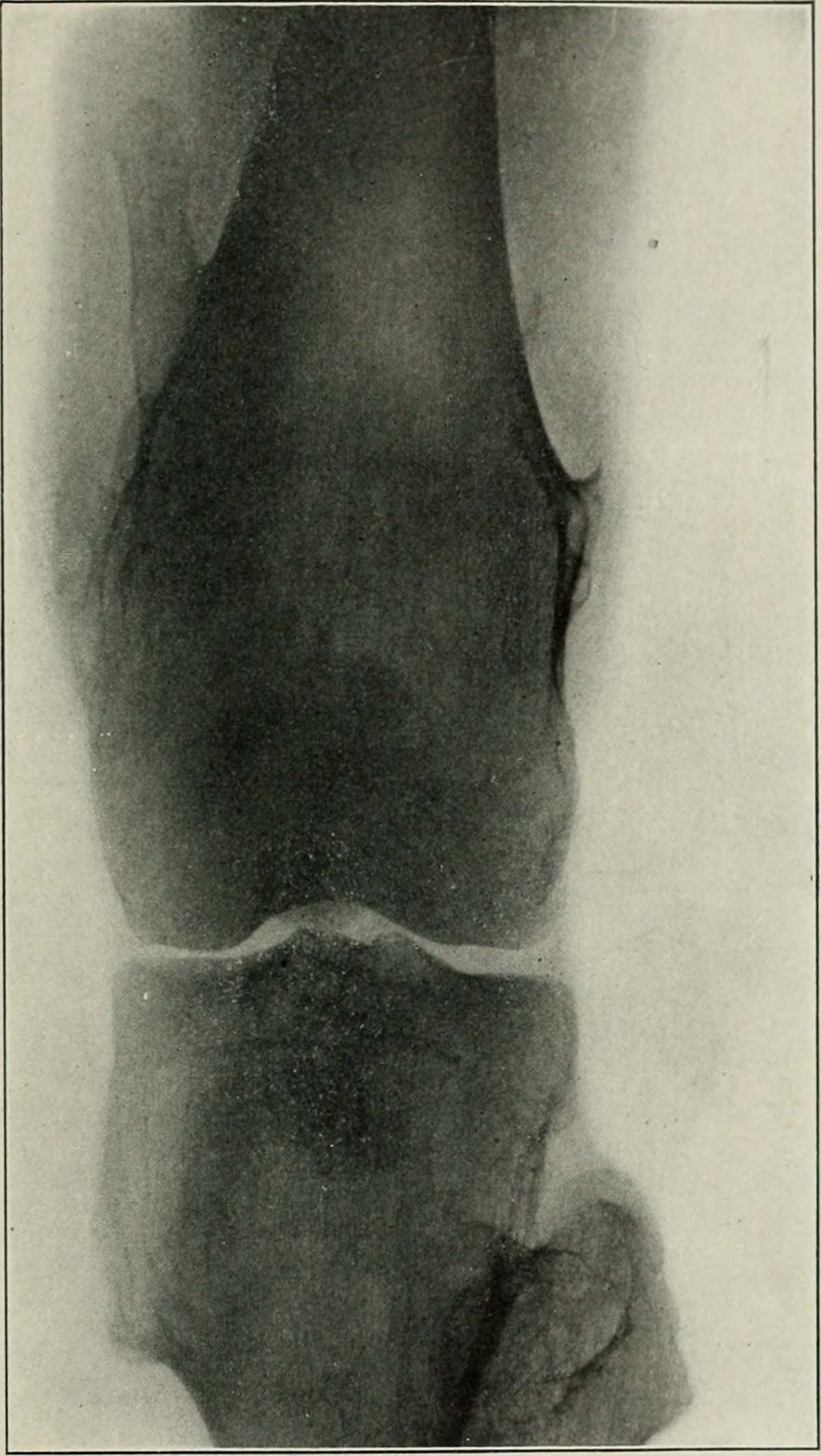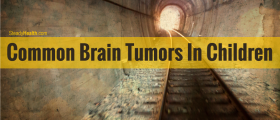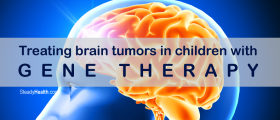
Tuberous Sclerosis Overview Tuberous sclerosis (TSC) is a rare genetic disorder that induces growth of benign tumors in many organs such as the brain, eyes, heart, kidneys, lungs, and the skin. Some people are only mildly affected, have no symptoms and their disease may go undiagnosed. On the other hand, some people can be severely affected by tuberous sclerosis. They may experience mental retardation, seizures, autism and skin abnormalities. People may be born with tuberous sclerosis due to genetic inheritance or because of spontaneous genetic mutation.
Treatment of Tuberous Scelrosis
There is no cure for tuberous sclerosis. Treatment depends on the severity of individual case and medications are given to control the symptoms. Anti-epileptics are given to control seizures. Psychiatric therapy and special education are required for mentally retarded children. Some tumors must be surgically removed. Growths on the face (adenoma sebaceum) are treated with laser treatment. Heart tumors usually don’t require surgery because they tend to shrink over time. Eye tumors rarely need to be removed since they usually don’t affect vision. Rhabdomyomas (heart tumors) usually resolve on their own after puberty thus do not require surgical treatment.
Complications of Tuberous ScelrosisTuberous sclerosis is associated with several complications. The tumors in TSC can become malignant. A person may experience renal or pulmonary complications. Neurological problems and epilepsy are also common complications of tuberous sclerosis. Tumors in the heart may affect heart rhythm. Lung tumors can cause lung failure. There may be present various psychological and developmental problems as well.
Prognosis for Tuberous Scelrosis
The prognosis depends on individual symptoms. Patients with mild form of tuberous sclerosis generally have no decrease in quality of life and life expectancy. Patients with severe symptoms of TSC may suffer from serious complications. Status epilepticus, renal failure and brain tumors can even lead to fatal outcome. Giant cell astrocytoma has excellent prognosis and this tumor only needs to be monitored. Epilepsy is hard to control and it will lead to developmental delay. Autism cannot be cured.

















Your thoughts on this
Loading...